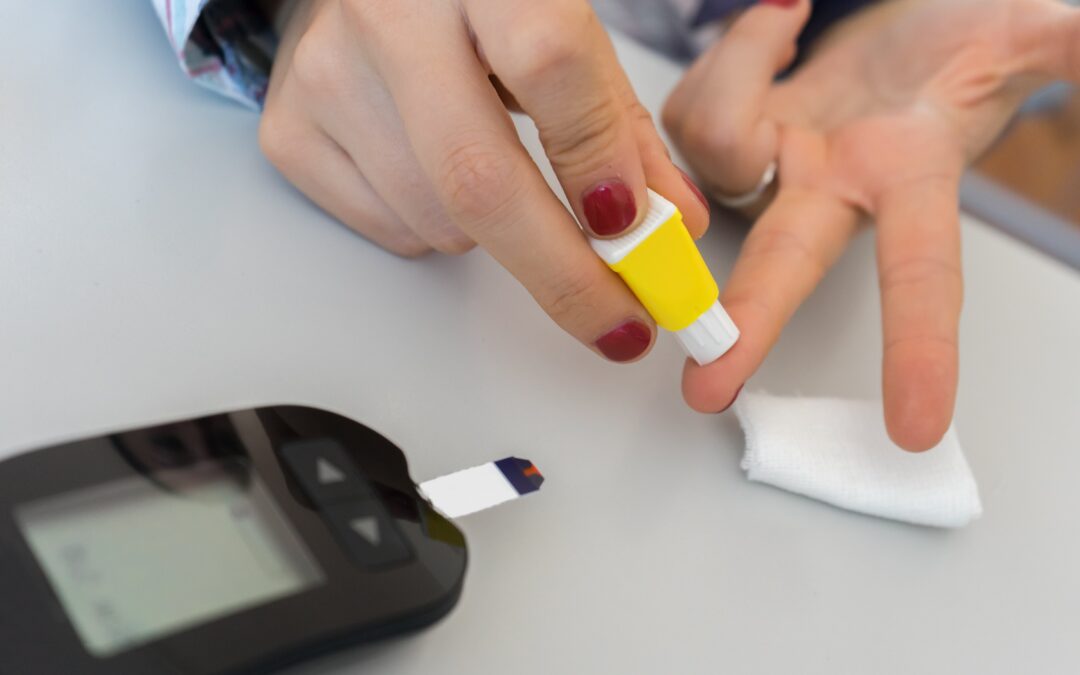As people age, they become more susceptible to developing diabetes. This is due to a combination of factors such as reduced physical activity, changes in metabolism, and increased insulin resistance. Diabetes is a serious health condition that can lead to a range of complications, including heart disease, stroke, kidney disease, and nerve damage. However, there are steps that older adults can take to prevent and manage diabetes. In this article, we will outline some of the ways that older adults can prevent and manage diabetes.
Maintain a healthy weight
Maintaining a healthy weight is one of the most important things you can do to prevent diabetes. Being overweight or obese can increase your risk of developing type 2 diabetes. By maintaining a healthy weight, you can reduce your risk of developing diabetes, as well as other health conditions such as heart disease and stroke. To maintain a healthy weight, it is important to eat a healthy, balanced diet and engage in regular physical activity.
Engage in regular physical activity
Regular physical activity is another important factor in preventing diabetes. Exercise can help improve your body’s sensitivity to insulin, which is the hormone that regulates blood sugar levels. It can also help you maintain a healthy weight, reduce your risk of heart disease and stroke, and improve your overall health and well-being. Older adults should aim to engage in at least 150 minutes of moderate-intensity aerobic exercise per week, as well as muscle-strengthening activities at least two days per week.
Eat a healthy, balanced diet
Eating a healthy, balanced diet is essential for preventing and managing diabetes. It is important to eat a variety of foods, including plenty of fruits, vegetables, whole grains, lean proteins, and healthy fats. It is also important to limit your intake of processed and sugary foods, as well as to control portion sizes.
Monitor blood sugar levels
If you have been diagnosed with diabetes, it is important to monitor your blood sugar levels regularly. This can help you identify any changes in your blood sugar levels and adjust your medication or lifestyle accordingly. Your healthcare provider can help you determine how often you should check your blood sugar levels and what your target range should be.
Take medication as prescribed
If you have been prescribed medication to manage your diabetes, it is important to take it as prescribed. This can help you maintain stable blood sugar levels and prevent complications. Be sure to talk to your healthcare provider if you have any questions or concerns about your medication.
Manage other health conditions
Managing other health conditions, such as high blood pressure and high cholesterol, is also important for preventing and managing diabetes. These conditions can increase your risk of developing complications from diabetes, such as heart disease and stroke. By managing these conditions, you can help reduce your risk of complications and improve your overall health.
In conclusion, diabetes is a serious health condition that can have a significant impact on an older adult’s quality of life. However, there are steps that older adults can take to prevent and manage diabetes. By maintaining a healthy weight, engaging in regular physical activity, eating a healthy, balanced diet, monitoring blood sugar levels, taking medication as prescribed, and managing other health conditions, older adults can reduce their risk of developing diabetes and improve their overall health and well-being.
Home Care Near Me Let’s Get Started!
Get Immediate Help with Information, Costs & Payment Options.


Recent Comments